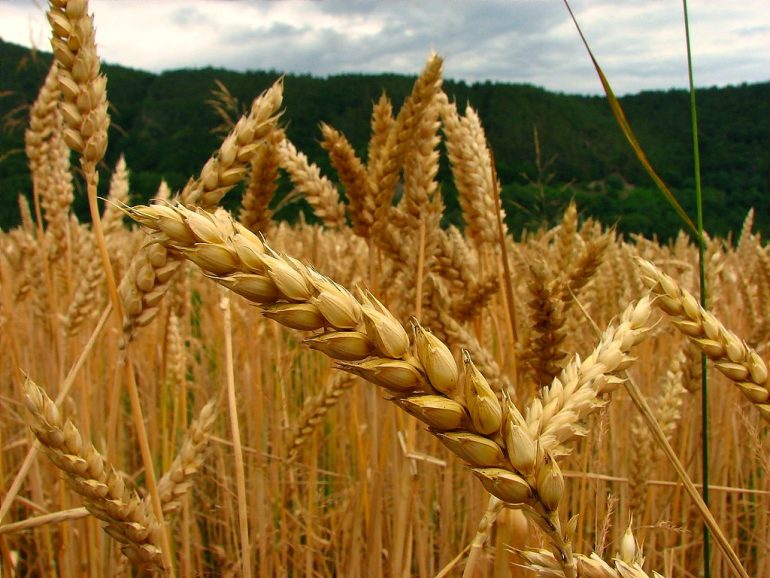Paraguay’s wheat sector once again makes headlines after a record increase. Between January and April 2025, 172,600 tons of wheat were shipped abroad, earning over US$41,7 million. This represents a remarkable 166% increase in revenue from international sales of wheat production, and an 18.3% rise in trade volume compared to the same period last year.
A good start
These results come from the 2024 harvest, with exports starting in October. The crop supply chain has proven strong, meeting demand from other countries with consistency and quality. For the 2025 season, the country plans to cultivate 500,000 hectares, with potential to reach one million tons if weather conditions are favourable. In addition to preserving farming balance, it helps maintain agricultural diversity and environmental sustainability.
Paraguay’s agricultural exports have shown impressive momentum beyond wheat. Recently, the soybean harvest recently yielded over US$4 billion in exports, underscoring the country’s growing strength in global grain markets.
Smarter farming lifts more production
Behind Paraguay’s crop output are years of investment in research and technology. Led by the Paraguayan Institute of Agricultural Technology (IPTA), new crop varieties and advanced techniques are being developed. Scientists have worked on genetic improvements to increase wheat production, fight disease, and adapt to local climate conditions. Some of these innovations are already being tested in Yhovy and could soon be used by farmers nationwide. Larger harvests mean more chances for Paraguay to expand in the regional cereals market.
The role of wheat production in Paraguay’s future
This key crop is emerging as a cornerstone of a more resilient and diverse rural economy. It not only brings in revenue from exports, it helps farmers take care of the soil by rotating crops. With the right mix of climate, research, and global demand, wheat could play a major role in building a more stable and diverse agricultural economy.
What is next?
To maintain this progress, it will be important for public institutions, the private sector, and producers to work together. Modernising infrastructure in rural areas, facilitating credit access, and offering training programmes can all help reinforce the wheat sector. Given the right support, Paraguay is well positioned to turn this success into long-term growth and regional leadership, and broader benefits including bringing more jobs, higher rural incomes, secure food systems, and enhanced international positioning.


